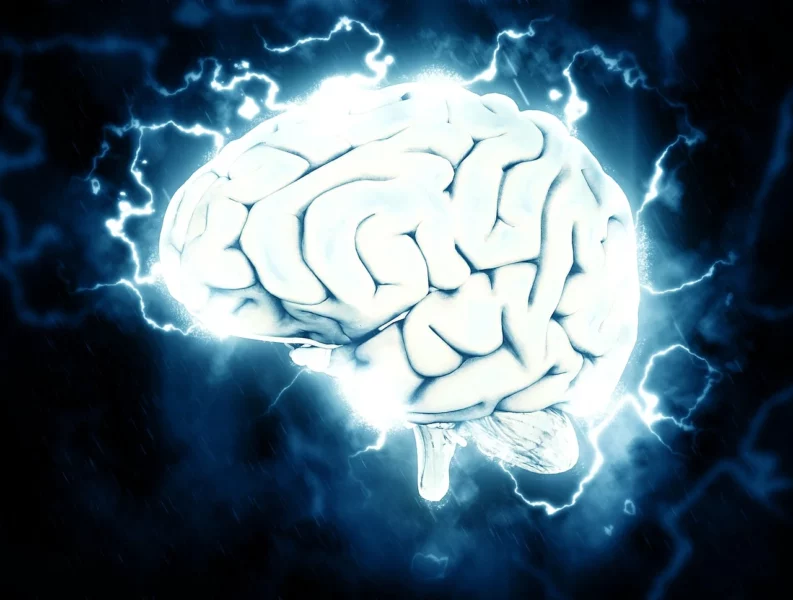Researchers have identified a previously unknown group of neurons in the brain’s hypothalamus that play a crucial role in regulating food intake. These newly discovered cells could represent a promising target for future obesity treatments.
Published in Nature | Estimated reading time: 5 minutes
In a groundbreaking study led by researchers from Rockefeller University and the University of Maryland School of Medicine, scientists have uncovered a new population of neurons that respond to leptin – a hormone that signals fullness to the brain. These neurons, which express a gene called BNC2, work to suppress hunger by directly inhibiting hunger-promoting neurons.
“We’ve long known that the hypothalamus—located deep in the brain—plays a role in hunger, hormone levels, stress responses, and body temperature,” explains Dr. Brian Herb, a scientist at the Institute for Genome Science and Research Associate at the University of Maryland School of Medicine.
The discovery comes at a critical time, as obesity affects 40 percent of adults and 20 percent of children in the United States. While several new therapies are showing promise in treating obesity, scientists still have much to learn about how the brain controls appetite.
Through a series of experiments with mice, the research team found that these BNC2 neurons not only help suppress hunger but also respond to food-related sensory cues, such as the palatability of food and nutritional status. When researchers used genetic tools to remove the leptin receptor from these neurons, the mice ate more and gained more weight compared to control mice.
In an elegant demonstration of the neurons’ function, the team added fluorescent markers to the BNC2 neurons and observed that they became active when mice were fed after fasting. Notably, other known neuronal populations in the hypothalamus did not show this response.
“These findings add a critical new component to our understanding of how neurons impact appetite and obesity,” notes Dr. Herb. “This could be a future target for obesity treatment, such as by activating these neurons to reduce weight or suppress hunger.”
Glossary
- Hypothalamus
- A region of the brain that helps regulate hunger, body temperature, and other basic functions
- Leptin
- A hormone produced by fat cells that helps regulate energy balance by inhibiting hunger
- BNC2
- A gene that marks these newly discovered neurons and may play a role in their development and function
Test Your Knowledge
Where in the brain were these new neurons discovered?
The neurons were discovered in the hypothalamus, a region deep in the brain that regulates basic functions like hunger and body temperature.
What hormone do these newly discovered neurons respond to?
The neurons respond to leptin, a hormone that signals fullness to the brain from the body’s fat stores.
What happened when researchers removed the leptin receptor from BNC2 neurons?
When the leptin receptor was removed from BNC2 neurons, the mice consumed more food and gained more weight compared to control mice.
How do BNC2 neurons influence feeding behavior through their neural connections?
BNC2 neurons suppress hunger by directly inhibiting hunger-promoting neurons (AGRP/NPY neurons) through neural connections in the hypothalamus.
Enjoy this story? Subscribe to our newsletter at scienceblog.substack.com.
If our reporting has informed or inspired you, please consider making a donation. Every contribution, no matter the size, empowers us to continue delivering accurate, engaging, and trustworthy science and medical news. Independent journalism requires time, effort, and resources—your support ensures we can keep uncovering the stories that matter most to you.
Join us in making knowledge accessible and impactful. Thank you for standing with us!

